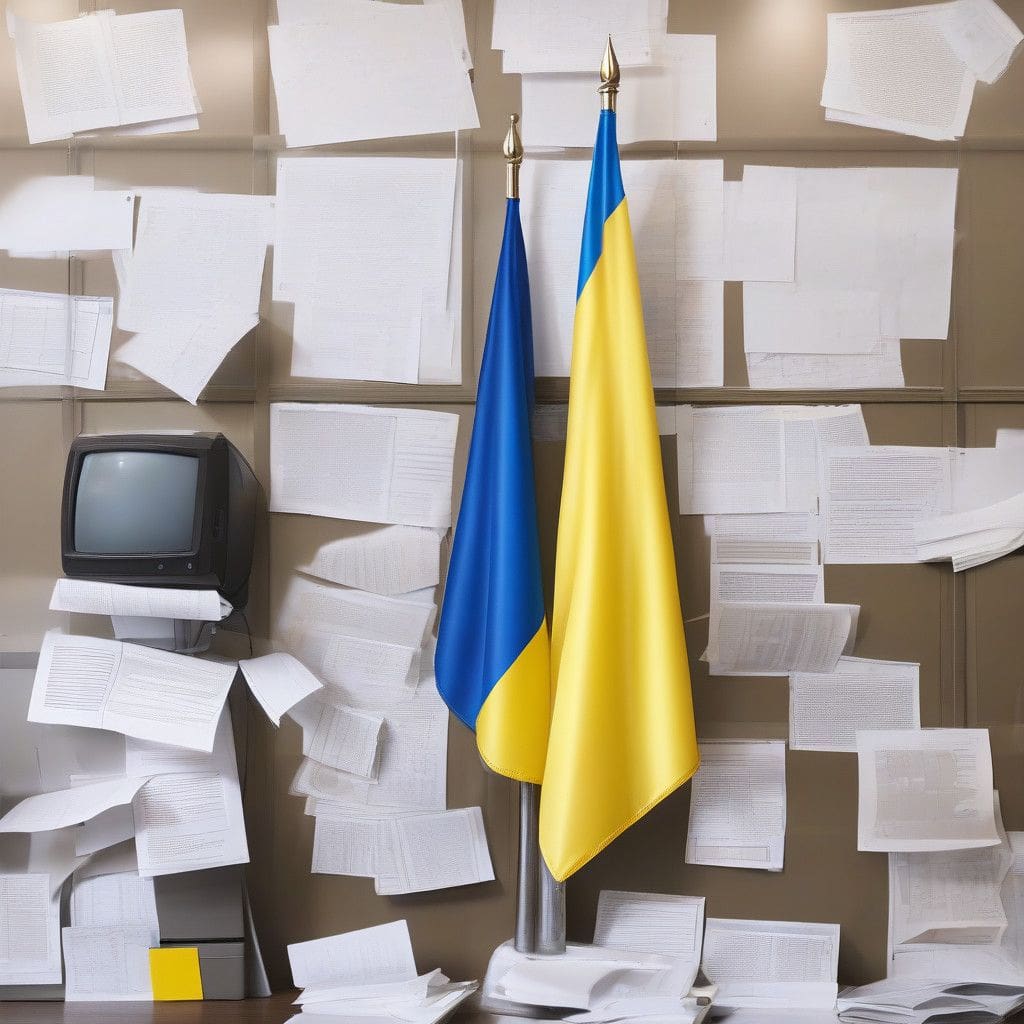In a significant move to enhance national security, Ukraine has officially banned the use of the Telegram messaging app among government officials and critical workers. This decision stems from serious concerns that Russian intelligence agencies can exploit the app for espionage, including accessing potentially sensitive messages—both sent and deleted.
The ban was implemented following a presentation by Kyrylo Budanov, the head of Ukraine’s military intelligence agency, who provided compelling evidence of potential vulnerabilities associated with Telegram that may allow foreign operatives to intercept communications. This decision is particularly crucial given the ongoing conflict that has engaged Ukraine since February 2022, with Telegram having become a primary communication tool for many citizens.
While this ban affects official devices, it does not extend to personal phones, allowing government personnel to continue using Telegram in their private lives. Despite its risks, Telegram has been indispensable for information dissemination, enabling Ukrainian citizens to stay updated with rapidly changing events, especially during the war.
Pavel Durov, the founder of Telegram, has publicly denied the allegations regarding the app sharing user data with foreign nations, insisting that deleted messages are permanently erased and unrecoverable. Nevertheless, Ukrainian officials have expressed that the potential implications for national security warrant stringent measures to mitigate espionage risks.
President Volodymyr Zelenskiy, alongside various government officials, frequently relies on Telegram for conveying important updates and information. As it stands, approximately 75% of the Ukrainian population utilizes the app, highlighting its critical role in both personal and professional communication. However, the recent restrictions signify an essential pivot for Ukraine’s approach to safeguarding its information, particularly in light of its ongoing conflict with Russia.
In summary, Ukraine’s ban on Telegram for officials underscores the delicate balance between efficient communication and national security in times of conflict. As the situation develops, it will be crucial for the Ukrainian government and its people to explore secure alternatives that protect sensitive information while still facilitating effective communication.












